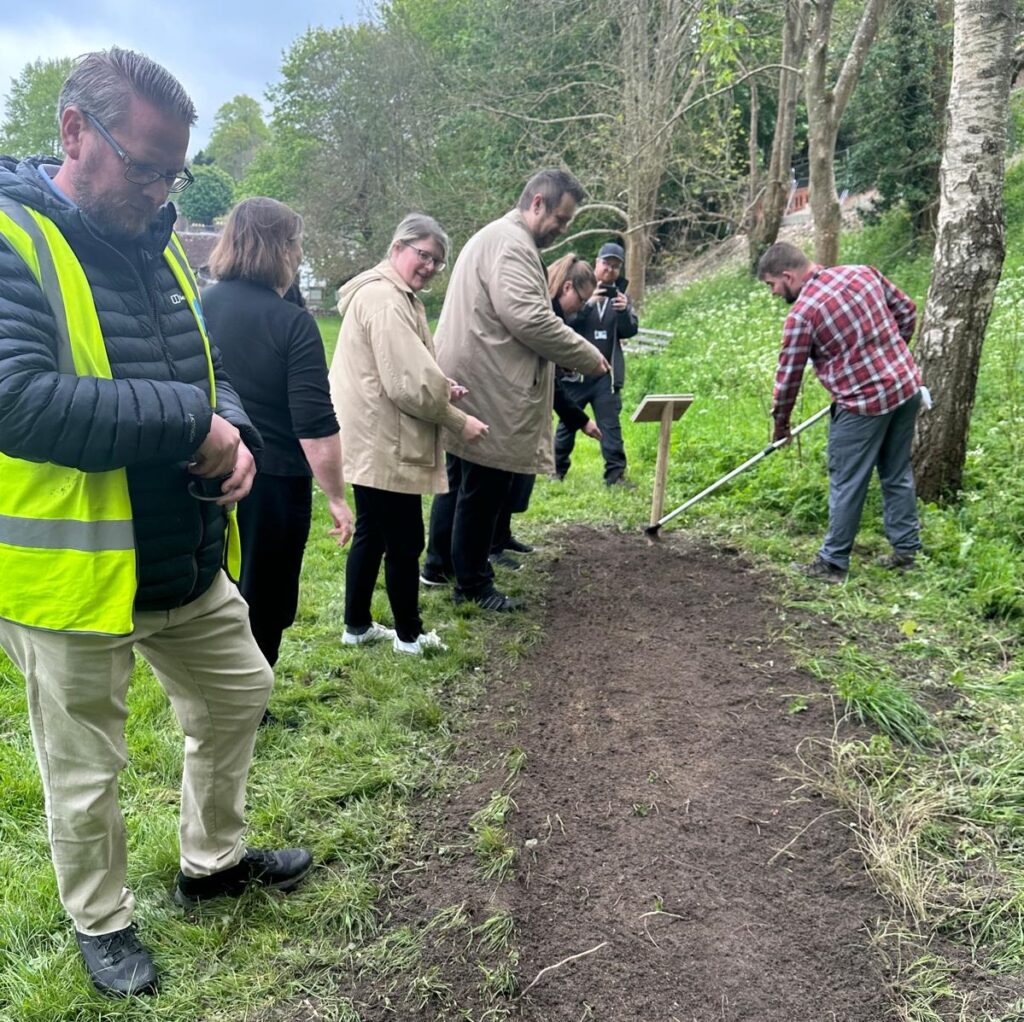The turtle dove is a vulnerable species whose population has decreased by 99% since 1960. Landscaping and arboriculture service provider Chequers has partnered with the grounds maintenance team at East Sussex County Council (GM02) on a project that aims to increase the turtle dove population.
The campaign is being run by GM02. A key reason that we were chosen to support it is due to our long-standing commitment to sustainable practices that benefit the natural environment.
Turtle doves thrive in wildflower meadows with cultivated margins. The first stage of the project will be to treat the topsoil, to reduce any chance of weeds and providing an optimal environmental for the flowers to grow in. These areas will be maintained by Chequers and GM02, to develop spaces that will increase wildflower population and biodiversity in East Sussex. Turtle Doves are not the only animal to benefit, as an increased wildflower population also support bumblebees, butterflies, and insects, which in turn feed bats and other bird species.
Work is already underway, including at The Paddock in Lewes where we have prepared the ground and planted wild seed. Councillor Maples from East Sussex County Council was present to mark the occasion, along with representatives from the Wildlife Trust and Operation Turtle Dove.
Naomi Childe, our managing director, said: “We are proud to support this initiative to save a native UK species. Our services and work methodology are always adaptable due to the changing climate. It was great to get underway in Lewes and we’re looking forward to supporting the project across East Sussex.”
Thomas Golby, contract officer grounds and arboriculture at GM02, said: “We are fortunate to have support to save the turtle dove. Chequers has demonstrated time and time again its desire to maintain and preserve good management practises to help towards the changing climate and environment. The project’s proactive stance on enhancing our local wildlife, by providing sustainable habitats for native animals, makes Chequers the perfect partner.”
If anyone in the community would like to support the project, they can contact GM02 with any potential sightings of turtle doves (photos are helpful but not necessary), as well as a what3words location and informing if any wildflowers were seen nearby. Turtle doves can be identified with turtle shell-coloured wings and black to silver strip on their necks. Those who have had sightings, or anyone enquiring about school projects, can contact school.grounds@eastsussex.gov.uk.

